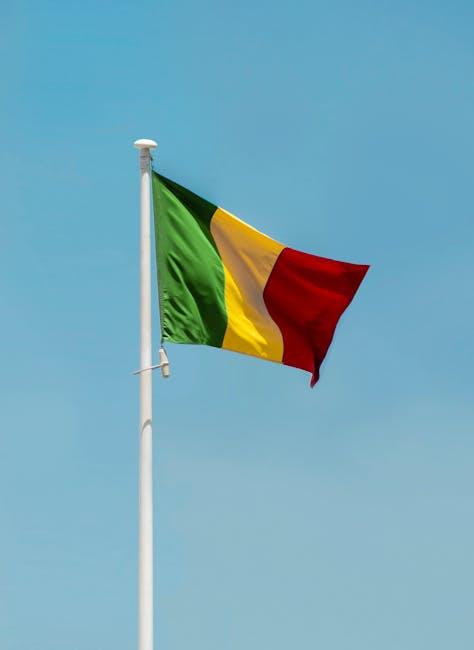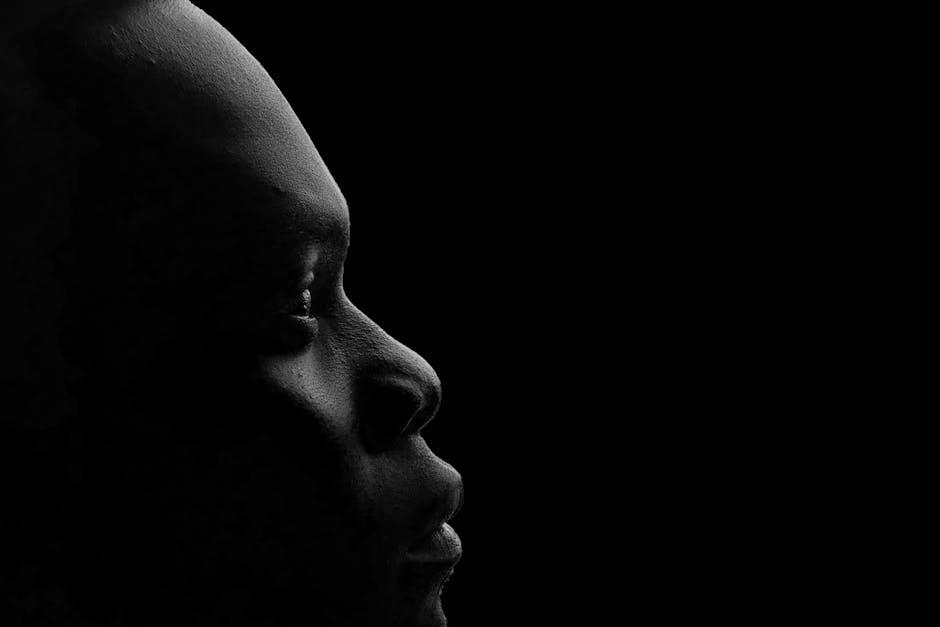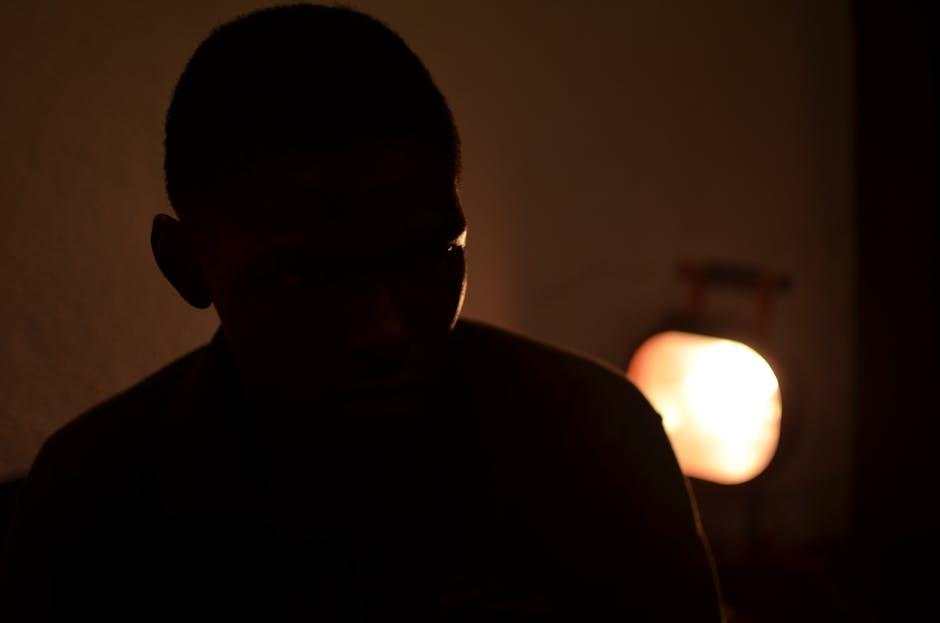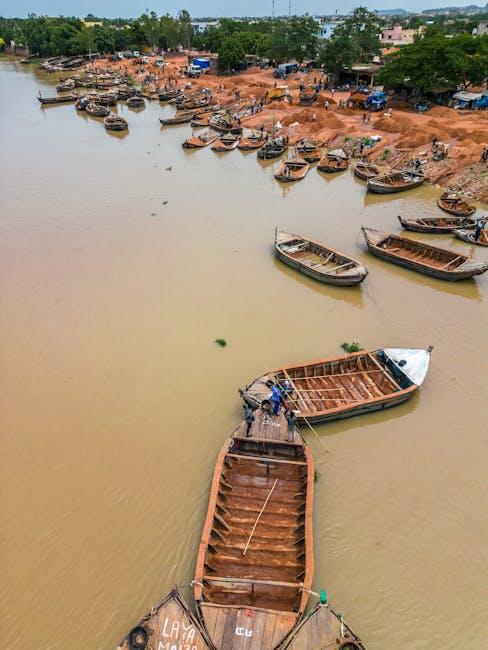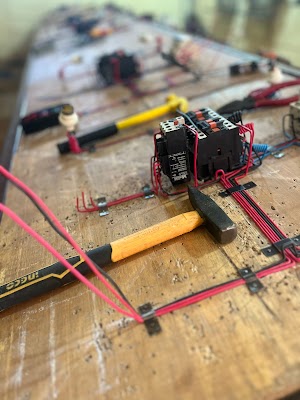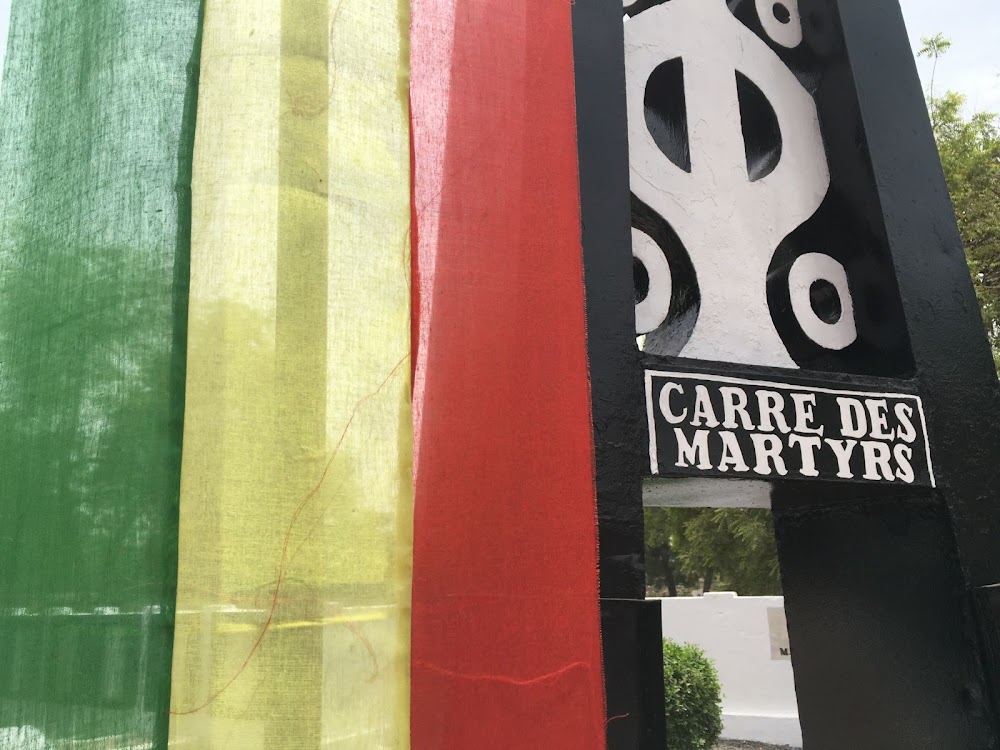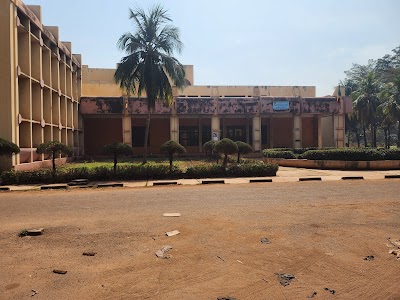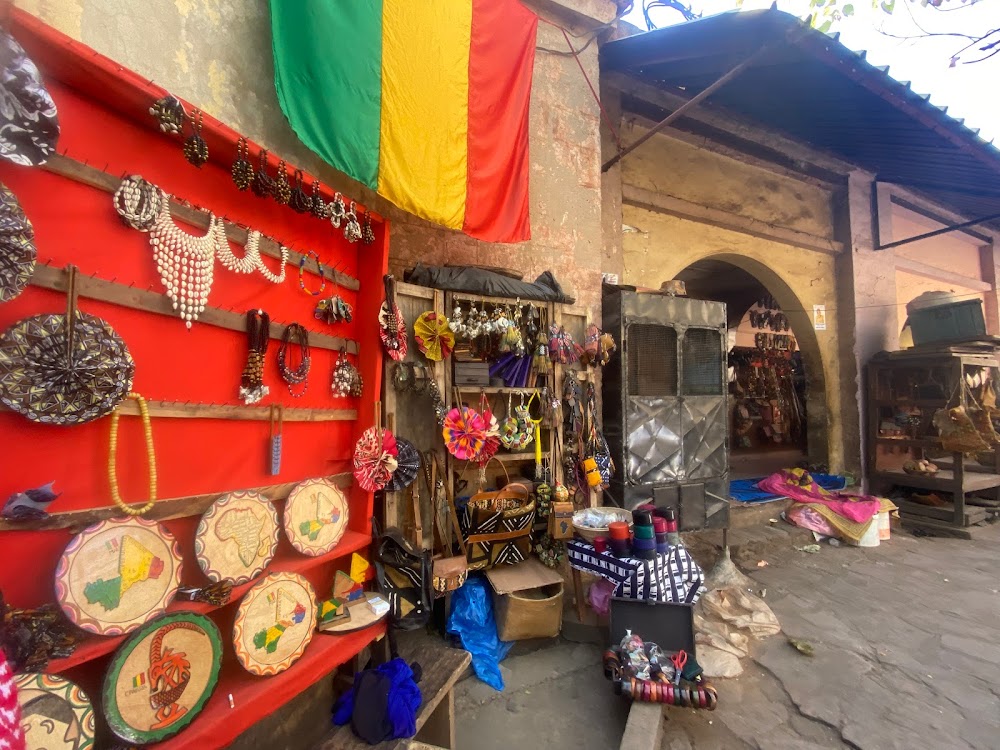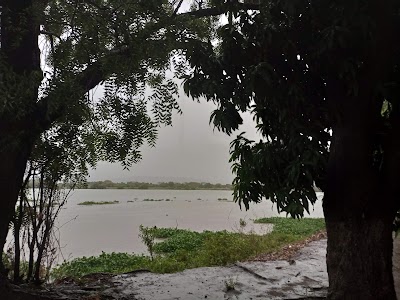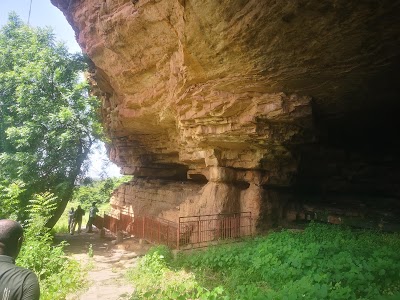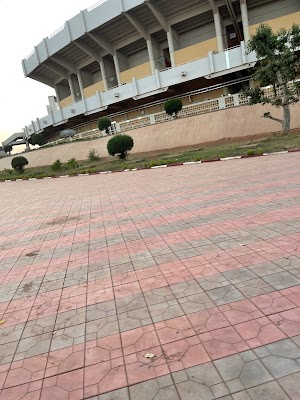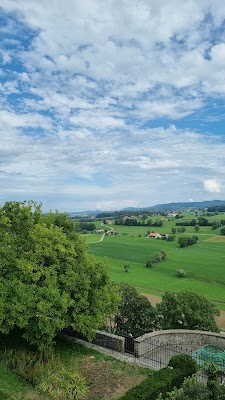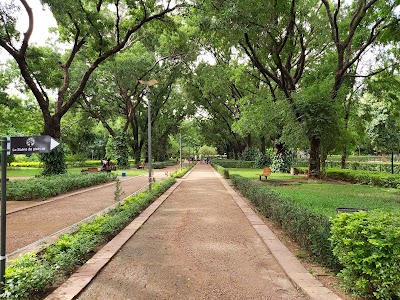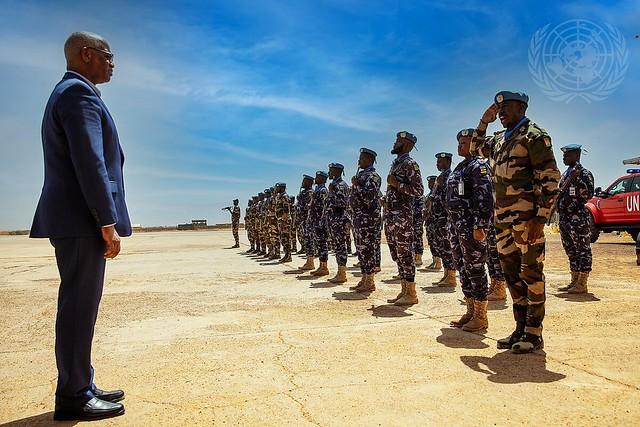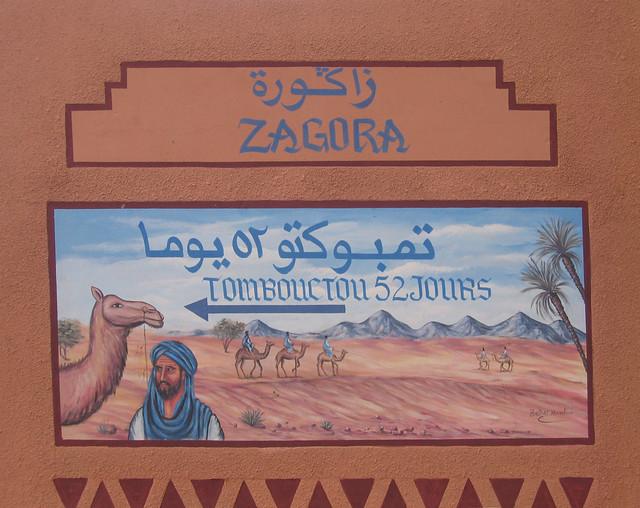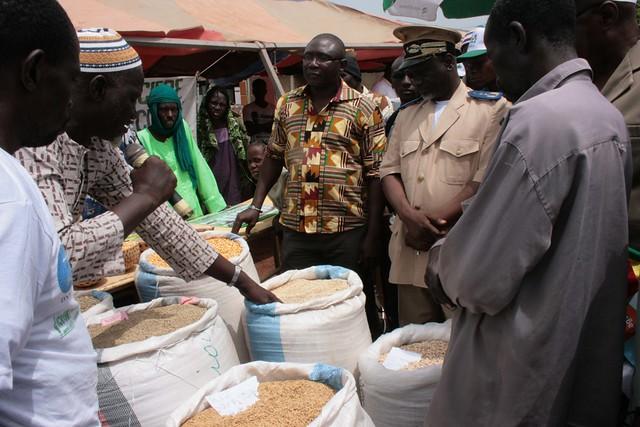Bamako
Overview
Overview of Bamako, Mali
Bamako, the capital city of Mali, is a vibrant and bustling metropolis that serves as the cultural and economic heart of the country. Situated on the banks of the Niger River, Bamako is known for its colorful markets, lively music scene, and rich history. The city is a tapestry of old and new, where traditional mud-brick houses coexist with modern buildings. Bamako is particularly famous for its music, with a strong tradition in blues and jazz that can be experienced in its numerous nightclubs and live music venues. The National Museum of Mali, located here, is another cultural gem, offering insights into the country's archaeological history and ethnic cultures, making it a fascinating visit for those interested in West African history and art.
Best Time to Visit and Activities
The best time to visit Bamako is during the cooler months from November to February when the weather is most pleasant. During this high season, temperatures are cooler, ranging from about 16°C to 33°C (61°F to 91°F), making it comfortable for exploring the city and engaging in outdoor activities. This period also coincides with several cultural festivals, including the African Photography Biennial, which attracts artists and enthusiasts from around the world. Visitors can explore the bustling markets like the Marché de Medina, where you can find everything from local crafts to traditional textiles. For a more relaxed day, a boat trip on the Niger River offers a unique perspective of the city and its surroundings.
Preparation for Travel
Travelers planning to visit Bamako should prepare adequately to ensure a smooth and enjoyable trip. It is advisable to check travel advisories and obtain all necessary vaccinations recommended for travel to Mali, such as yellow fever, along with routine vaccinations. Malaria prophylaxis is also recommended due to the prevalence of the disease in the region. Learning a few phrases in French, the official language, can be incredibly helpful as it is widely spoken and will ease interactions with locals. Additionally, visitors should ensure they have comprehensive travel insurance that covers health, as medical facilities in Bamako may not meet the standards found in Western countries. Lastly, due to the fluctuating political situation, staying informed about the current state of affairs and registering with your embassy upon arrival can enhance safety.
How It Becomes to This
History not available
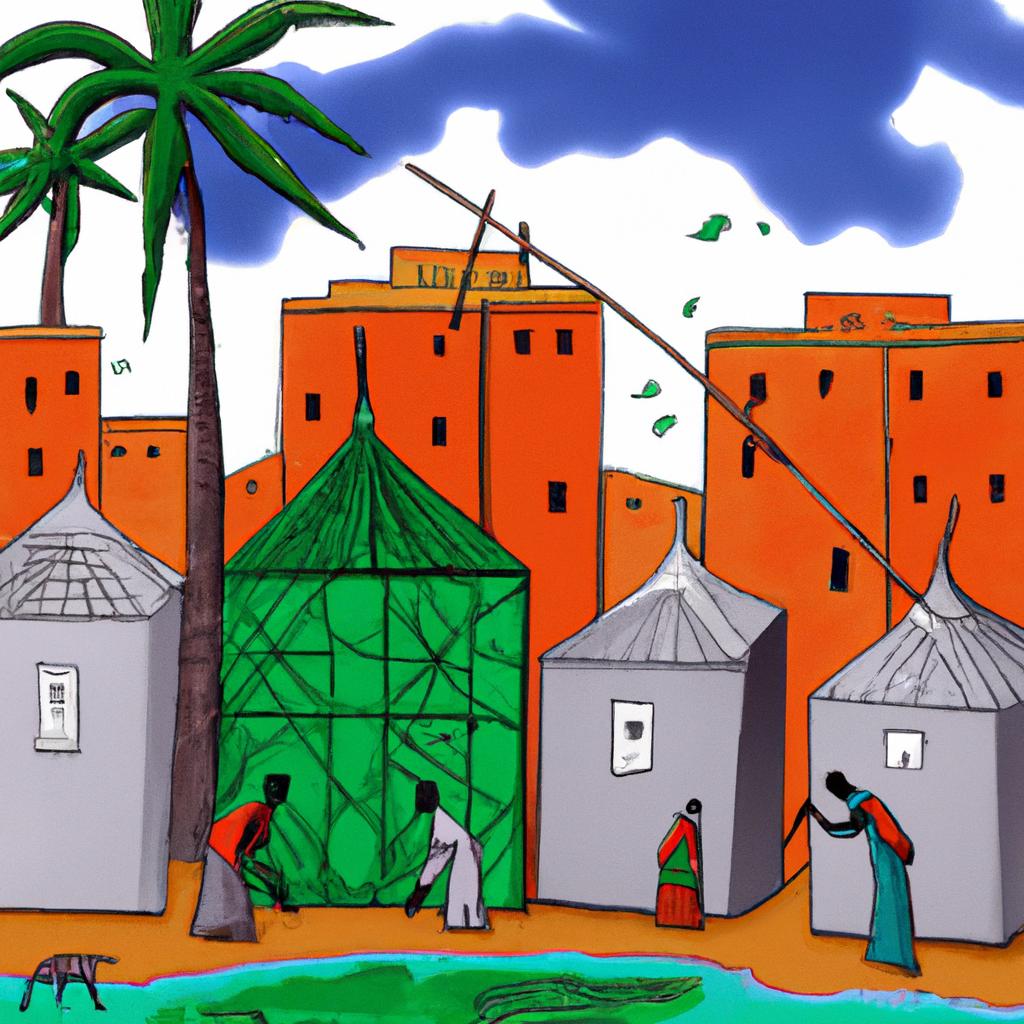
Places in Bamako
Explore the most popular attractions and landmarks
You May Like
Explore other interesting states in Mali
Discover More Area
Delve into more destinations within this state and uncover hidden gems.


